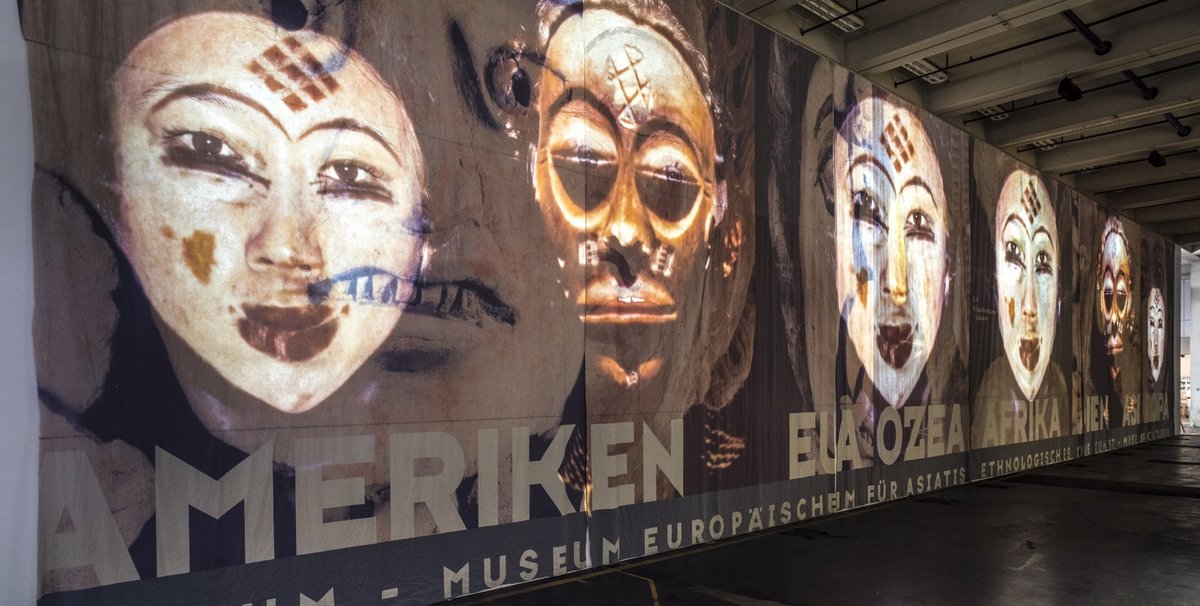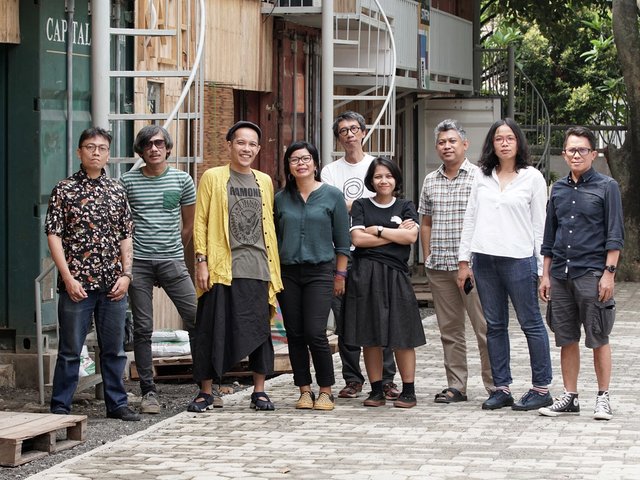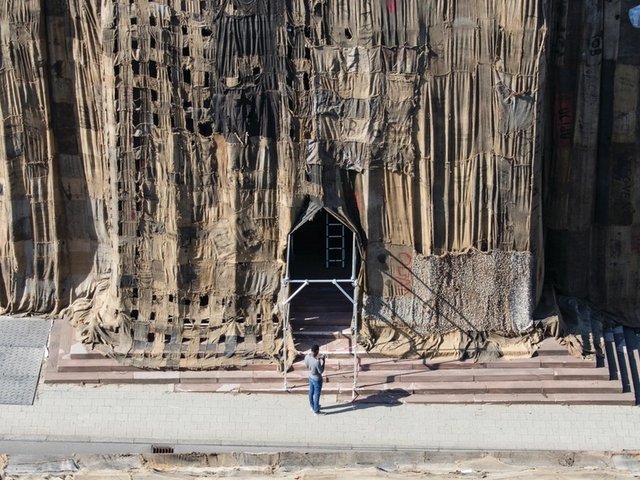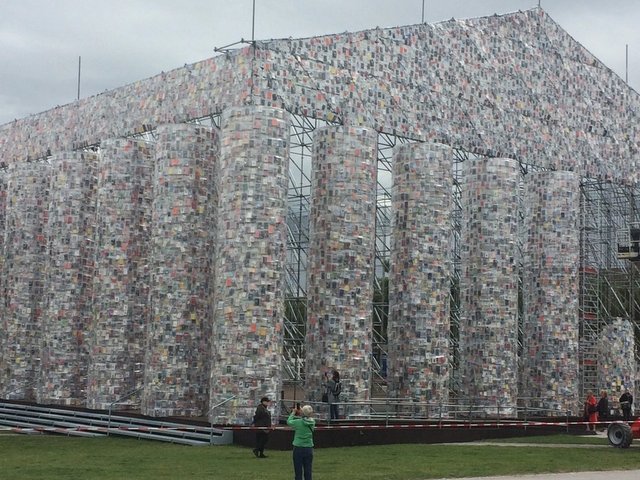Documenta 14 broke with tradition when it opened in Athens before its home city of Kassel. And now, the German quinquennial is broadening its geographical reach even further by collaborating on a show in Luanda, Angola.
The exhibition, planned for 2018, will feature 16 artists of African descent who are participating in Documenta 14 (until 16 July in Athens; until 17 September in Kassel). They include Akinbode Akinbiyi, Sammy Baloji, Bili Bidjocka, Manthia Diawara, Theo Eshetu, Aboubakar Fofana, Pélagie Gbaguidi, iQhiya, Bouchra Khalili, Ibrahim Mahama, Narimane Mari, Otobong Nkanga, Emeka Ogboh, Tracey Rose, El Hadji Sy and Olu Oguibe whose concrete obelisk in central Kassel is one of the highlights of this year’s edition.
“The point is to create a link between people that will leave a trace and maybe inspire young artists and curators, or other young people to become artists and curators,” says the Congolese-born businessman and art collector Sindika Dokolo, whose foundation in Luanda is the driving force behind the exhibition (it has also provided financial support towards the 16 artists' participation in Documenta 14). At the press conference yesterday, Bonaventure Soh Bejeng Ndikung, the curator at large of Documenta 14, said about the project: "We should not be sitting on islands but need to reach out and build coalitions."
In Luanda, the works will not necessarily be the same as those on display in Athens and Kassel. “I want to bring some of the essence of Kassel to Angola so that it’s not just a one-off but a real exchange and strategic relationship,” Dokolo says.
It is Documenta’s curatorial integrity and methodological approach that Dokolo believes will benefit Luanda’s artistic community the most. “Documenta is really not about the market, it’s about the art and a thorough scientific approach. For a very young scene like Angola’s, it’s good to have solid influences. I think the influence of the market is not a good one—it’s a necessity but it’s a very bad starting point. This is why I’m so excited about this partnership and I want to make sure we make the best of it.”
Dokolo created the Sindika Dokolo African Collection of Contemporary Art in 2004 with the Angolese artist and curator Fernando Alvim. The collection now includes more than 5,000 works of classical and contemporary art from the continent. In 2006, Dokolo formed the Fundação Sindika Dokolo to support the development of African culture and to help with the repatriation of its heritage. The foundation plans to open a European headquarters in the Portuguese city of Porto next year.





